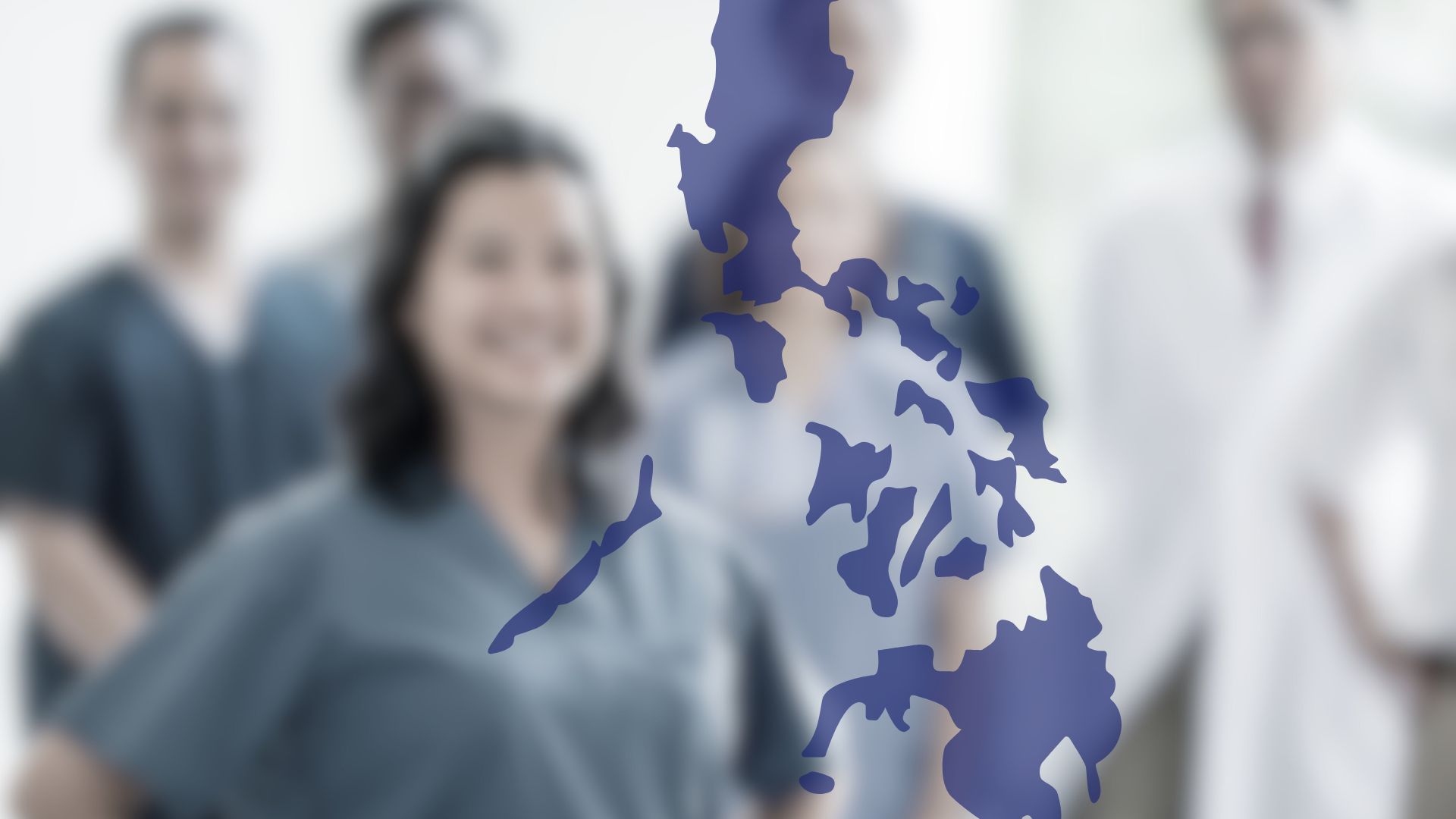
Leadership in Public Health.
Written for aspiring young professionals, this chapter challenges readers to pursue their own path to leadership to become the principled leaders in global health today. Citing the research literature, it distinguishes between leadership and management and describes the core competencies, personal qualities, and behaviours of leaders whatever the cultural context. Fundamental principles derived from the World Health Organization’s Constitution guide action in a complex world: commitment to total human development, empowerment of the vulnerable, equity, and public accountability. Examples show how these principles were applied in real life where multifaceted approaches-transactional, transformational, servant leadership-were necessary to create change and influence politics. The co-authors, a former minister of health of a developing country and a management expert, give specific advice for the quest to leadership.
-

Health workforce issues and recommended practices in the implementation of Universal Health Coverage in the Philippines: a qualitative study.
The Philippines' Universal Health Coverage program faces a critical workforce crisis that threatens its very foundation. A new Ateneo de Manila University study reveals that while the country exports healthcare workers globally, it struggles to retain the professionals needed for its own ambitious health reforms. With only 7.92 physicians per 10,000 population and a shortage of 127,000 nurses, systemic barriers—from restrictive hiring policies to uncompetitive salaries—are driving away the very people meant to deliver healthcare for all Filipinos. The research identifies promising solutions, including scholarship programs and comprehensive benefits, but warns that without addressing these fundamental workforce issues, universal healthcare remains at risk.
-

Measuring and Understanding Geographic Inequities in Physician Distribution in the Philippines
Access to quality health care in the Philippines is shaped not only by the availability of physicians, but also by how equitably they are distributed across regions. Many communities, particularly in rural and geographically isolated areas, continue to face limited access to medical professionals, while urban centers often see a concentration of physicians and specialists. The project Measuring and Understanding Geographic Inequities in Physician Distribution in the Philippines seeks to address this challenge by providing a clear, evidence-based picture of physician maldistribution nationwide.
